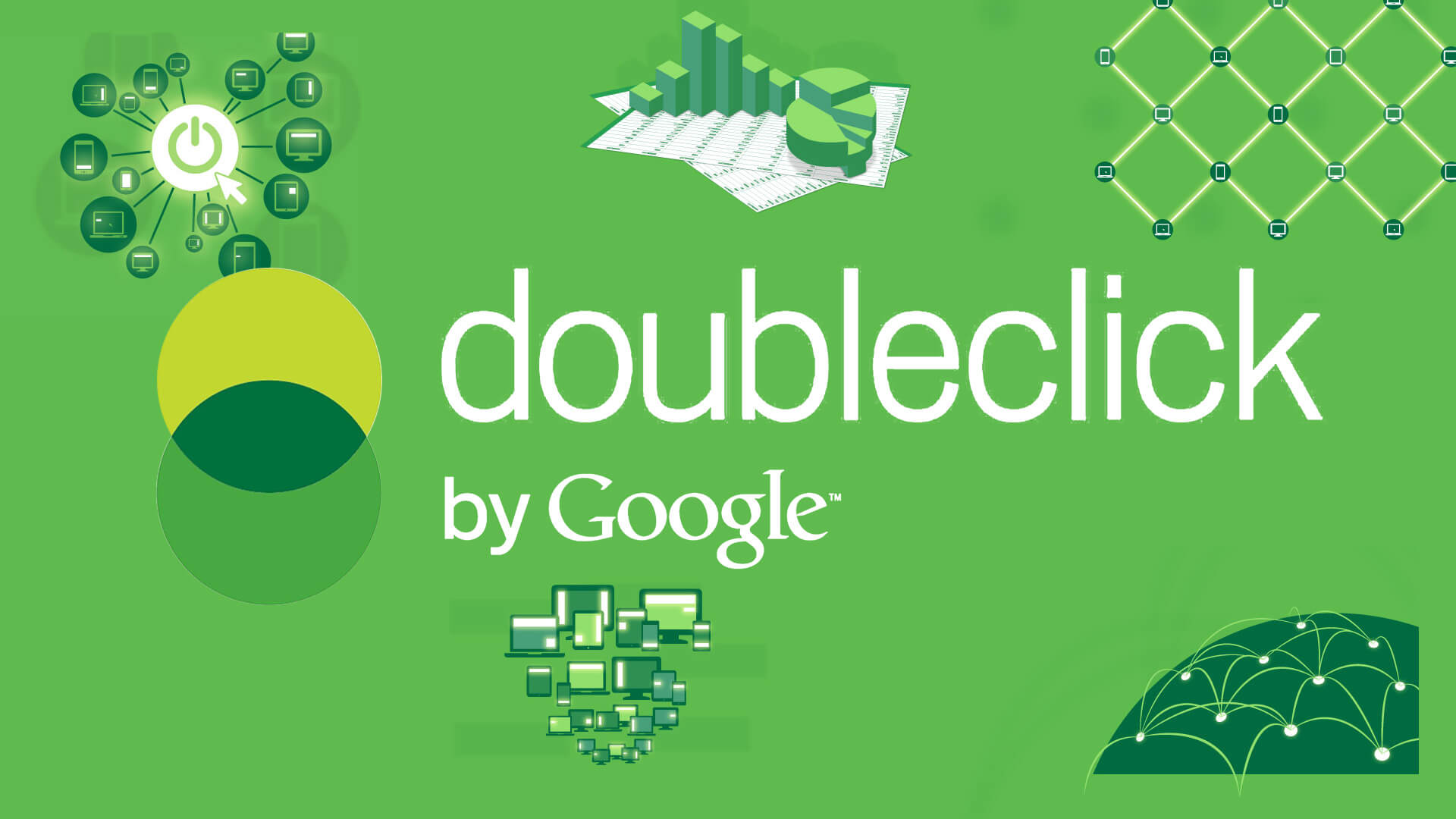Table of Content
Ask the creditor to give you copies of the actual documents that you'll be asked to sign. The creditor may not have to give you all of the actual filled in documents before closing, but it doesn't hurt to ask. Promises one set of terms when you apply, and gives you another set of terms to sign — with no legitimate explanation for the change. Misrepresents the kind of credit you're getting, like calling a one-time loan a line of credit. Doesn’t give you required loan disclosures or tells you not to read them. Pressures you into applying for a loan or for more money than you need.
If you have been to the banks but they have turned you down, and you are in need of a land title loan, land mortgage, or rural property mortgage in Canada, contact us. Let us match you with the right licensed specialist who understands your needs and is willing to work with you to find a solution that fits. If the homeowner stops paying the mortgage for over 120 days, the lender may begin the legal proceedings, which could lead to foreclosure and the repossession of the property. After the property has been foreclosed on, the lender can sell the house to make up the remainder of the principal of the loan.
Types of Loans That Use Land As Collateral
These charges may not be refundable if you refinance or pay off the loan early. Points usually are paid in cash at closing, but may be financed. If you finance the points, you'll have to pay additional interest, which increases the total cost of your loan. Your lender may also need time to appraise the value of the property in question.

The simultaneous operation of Torrens Title and Old System Title complicates the strict legal consequences of mortgages. Under Old System, the mortgage technically operates as a transfer of the property. While the borrower repays the loan, they hold an equitable interest in the real property. Upon repaying the loan, the borrower has the equitable right to redeem the land. You cant expect to get the full value of your asset as collateral. Thats to protect the lender in case the investment loses value.
How to Use Vacant Land as Collateral for an Equity Loan
If you're getting a home equity loan that consolidates credit card debt and other shorter term loans, you may have to make payments on those other debts for a longer time. If you need money to pay bills or make home improvements, and think the answer is in refinancing, a second mortgage, or a home equity loan, consider your options carefully. If you can't make the payments, you could lose your home as well as the equity you've built up.
But for those who already own their land, the land-in-lieu option can be very appealing as it eliminates the need to produce a large cash down payment. The total fees and points at or before closing exceed $625 or 8 percent of the total loan amount, whichever is larger. (The $625 figure is for 2013; the amount is adjusted annually.) Credit insurance premiums written in connection with the loan count as fees in this situation. Don't initial or sign anything saying you're buying voluntary credit insurance unless you really want to buy it. Before leaving the creditor, make sure you get a copy of the documents you signed. They contain important information about your rights and obligations.
How to Use Land as Collateral
Once the approval comes back, so will the list of all the documentation needed to proceed to the closing table. In the last couple of blogs we have gone over options for home buyers who do not yet own land and want to finance both their land and home into one home loan . If you think your creditor has violated the law, you may wish to contact the creditor or loan servicer to register your concerns. At the same time, you may want to contact an attorney, your state Attorney General's office or banking regulatory agency, or the Federal Trade Commission.
When financing additional farm real estate or capital expenditures, a large portion of equity in farmland is typically used as security. When deciding whether to lend money, lenders consider five credit factors in addition to collateral. One of the major disadvantages of using your land as a down payment is that the lender can own both your land and modular home in case of foreclosure. A foreclosure is a legal process that allows the lender to recover the loan balance from a borrower by forcing the sale of an asset that was used as collateral for the loan.
Can You Buy Land With a Conventional Loan?
For example, if you buy a plot of land for $20,000 in cash and want to construct a home with a total building cost of $80,000, you need a construction loan for $80,000. If the lender requires a 25% down payment, that means you need to put down $20,000. In this case, you can use the value of your land instead of your personal funds to meet the down payment requirement. Although land historically has been considered a qualified form of collateral, you might discover that particular lenders are more receptive to this idea than others.

How to protect your personal information and privacy, stay safe online, and help your kids do the same. One of those scams was 8 Figure Dream Lifestyle, which touted a “proven business model” and told... What to know when you're looking for a job or more education, or considering a money-making opportunity or investment.
You can also obtain loans by using land without housing as collateral. While these loans tend to be less common, they function in a similar manner. Land loans can be used to finance a plot of land or construction on that land. It’s possible to use the equity in land you already own as collateral to borrow money. Make sure you discuss this financing option with your home lender or homebuilder. They may want to see where you are getting your construction down payment from, and may have restrictions on using land equity.

If you meet the required criteria of the lender, you'll get a mortgage. For instance, if the sales price of your new home is $300,000 and the required equity for the home loan is 10%, then your land will require an equity value of at least $30,000. A local tax assessor or an appraiser usually assesses the land value. The borrower can discuss other alternative options if the land equity fails to meet the required percentage. Collateral is an asset that the borrower owns and is willing to relinquish to the lender if they default on the loan. The lender and borrower enter a contractual relationship that allows the lender to take possession of the collateral if the borrower stops making the required loan payments.
You get to choose the style, the size and whether you have a wrap-around porch and other features. If you already own the land that you are going to build on, you may be able to use your land title as collateral for a loan to cover the cost of construction. When reviewing your offers, one thing to consider is the loan-to-value ratio of each. This is the percentage of the asset’s value against which the lender is willing to advance funds.

Borrowers may use real property as collateral for loans other than home loans. However, where the real property is still subject to a mortgage, the use of the property as collateral may require approval from the original lender. You can also go in for debt consolidation program where the lender will reduce your interest rates which will make it easier for you to pay off the credit card debts. If the lender offers any two of these plans, I think, it will better to go for them rather than using the mobile home as a collateral for another mortgage.
Ask the creditor if you can get a loan without a prepayment penalty, and what that loan would cost. Ask if your monthly payment will include escrows for taxes and insurance. With a credit score of 547, no lender will be ready to give you a loan. You will have to improve your credit scores and then apply for a loan.
A title company will research the property and property owners to ensure there are no outstanding liens or judgements on the land for unpaid taxes. If unpaid taxes are found, they will need to be paid at closing with cash from the borrower. Down payment is the proof of your personal investment into the large purchase you are making.



























